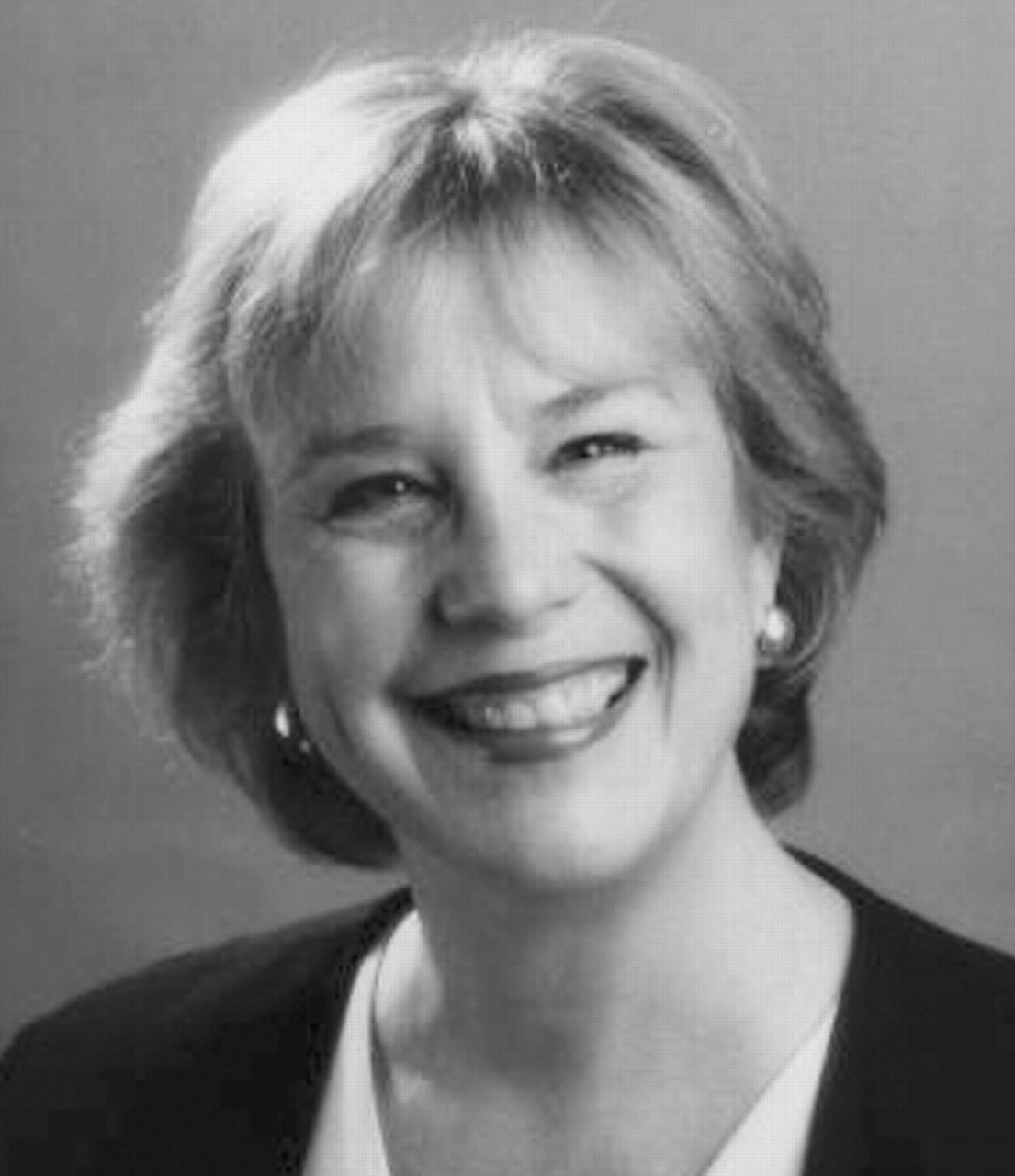Soo Borson, M.D., professor and director of Geropsychiatry Services at the University of Washington Medical Center, directs a 25-year-old university-based clinic that offers outpatient evaluation and treatment planning for patients with dementia and their families.
It was believed to be the first clinic of its kind in a department of psychiatry in the United States and is still the most active source of those services in the state. The clinic receives referrals from a five-state area. Several facilities offering inpatient care for geropsychiatric patients have tried to maintain outpatient assessment clinics and failed because of reimbursement issues.
Borson told Psychiatric News, “It’s questionable whether our clinic will survive over the next five years because of Medicare cuts and declining reimbursement in other areas such as training.”
She spends about one-third of her time at the clinic and would be unable to commit even that amount of time without an “unofficial subsidy” from the university.
Borson said, “In the past year, we’ve switched our practice model from diagnosis/treatment/long-range comprehensive management to something approaching consultation only. We had to make the change to accommodate the increasing demand for evaluations, as other psychiatrists are less willing to accept Medicare patients because of reimbursement.
“We found that we fell far short of the break-even point in providing ongoing management for established patients because of inadequate payments for follow-up care, forcing us to move to a consultative model and to return patients to their primary care doctors for long-range management. This can work well for uncomplicated patients, but it is probably inadequate for those with significant psychiatric, psychological, and emotional symptoms associated with dementia.”
Borson said that reimbursement limitations have prevented the clinic from being able to meet all of the existing need for its services. She speculated that eliminating outpatient services for dementia would not be cost-effective in a broad sense because patients would end up receiving more expensive care in hospitals and emergency rooms.
“Assisted-living facilities represent a looming problem area that has not received much attention,” she said. “More and more older people are living in such facilities. Unlike nursing homes, however, assisted-living facilities are not required to provide any mental health services. With the cuts in Medicare payments, few psychiatrists will choose to care for older adults living in such facilities.”

